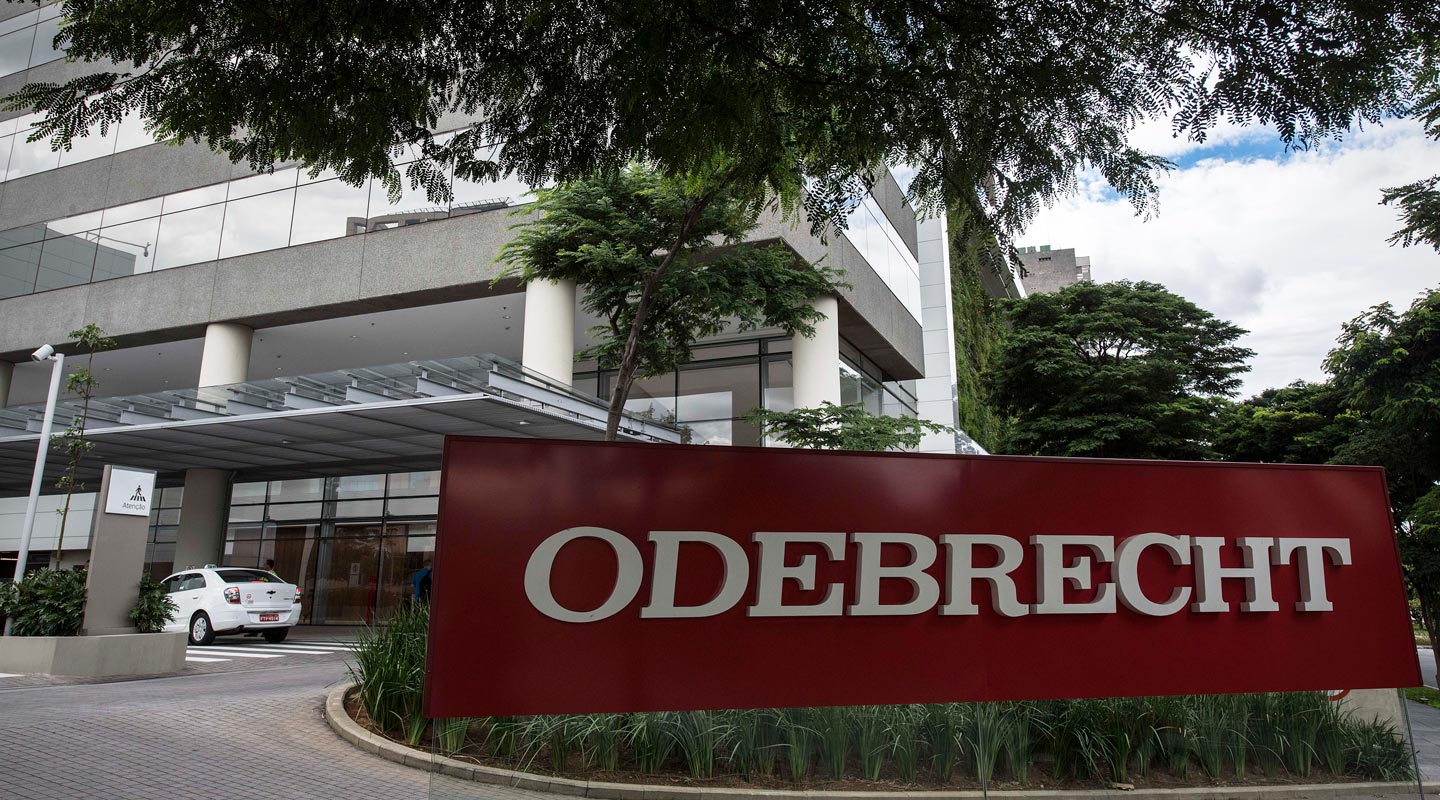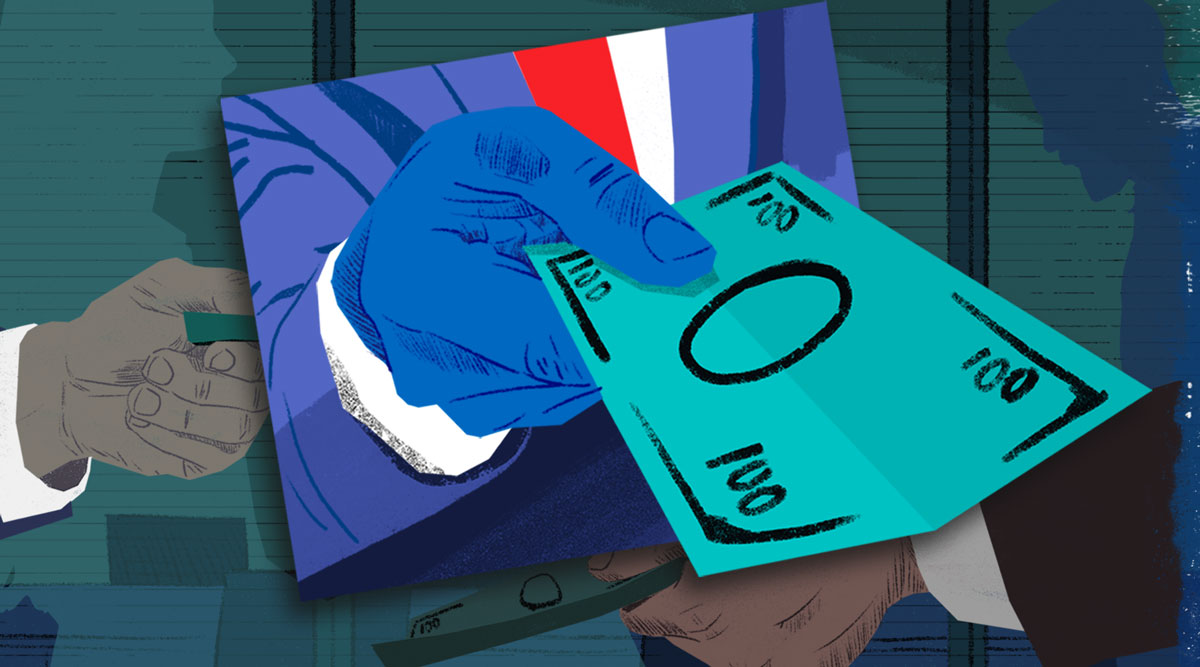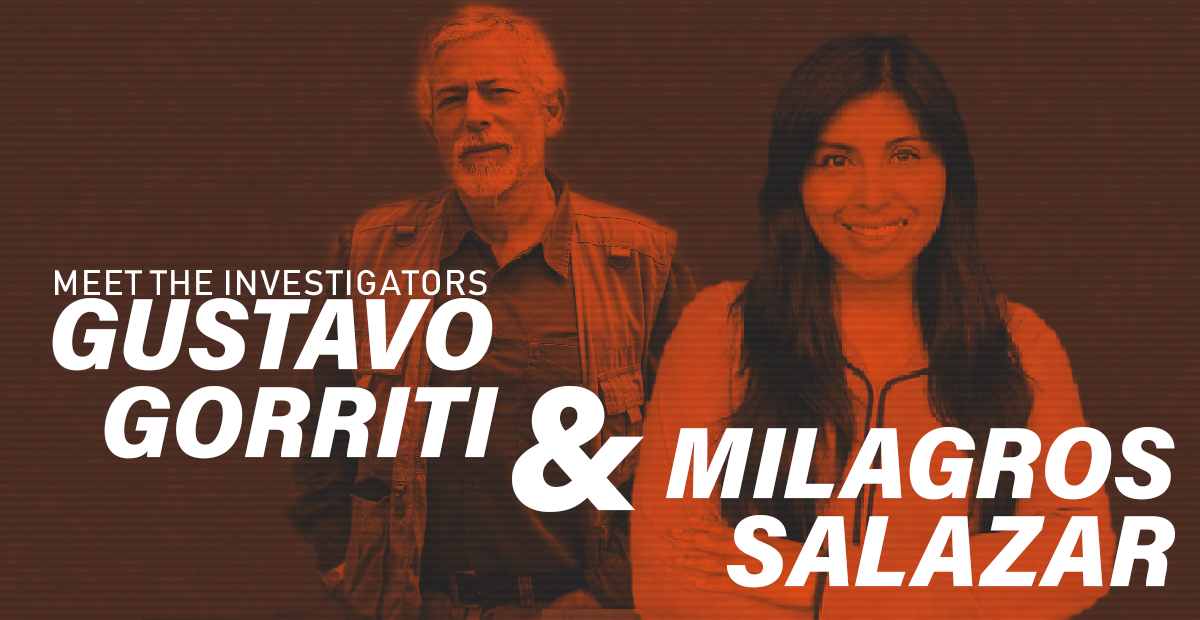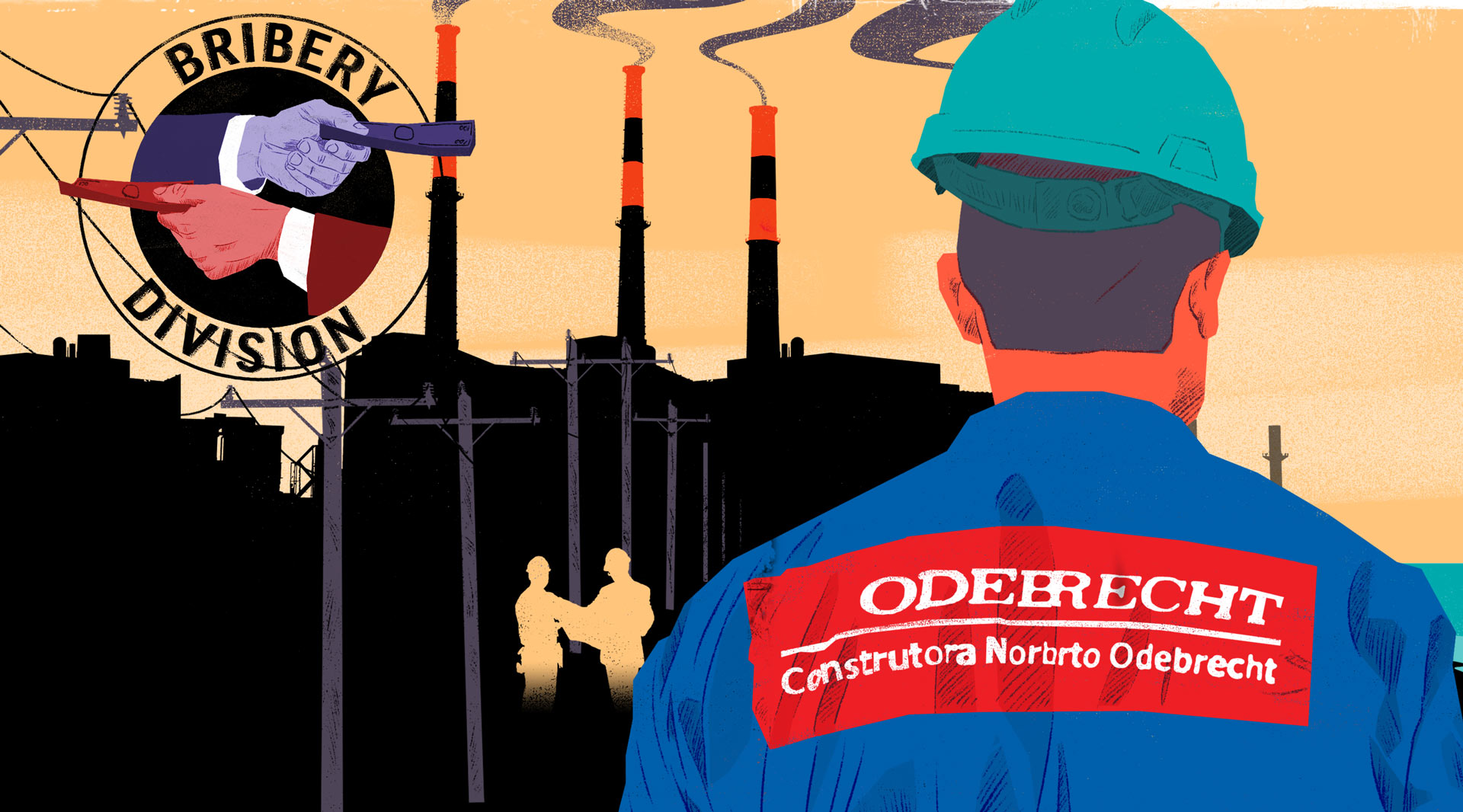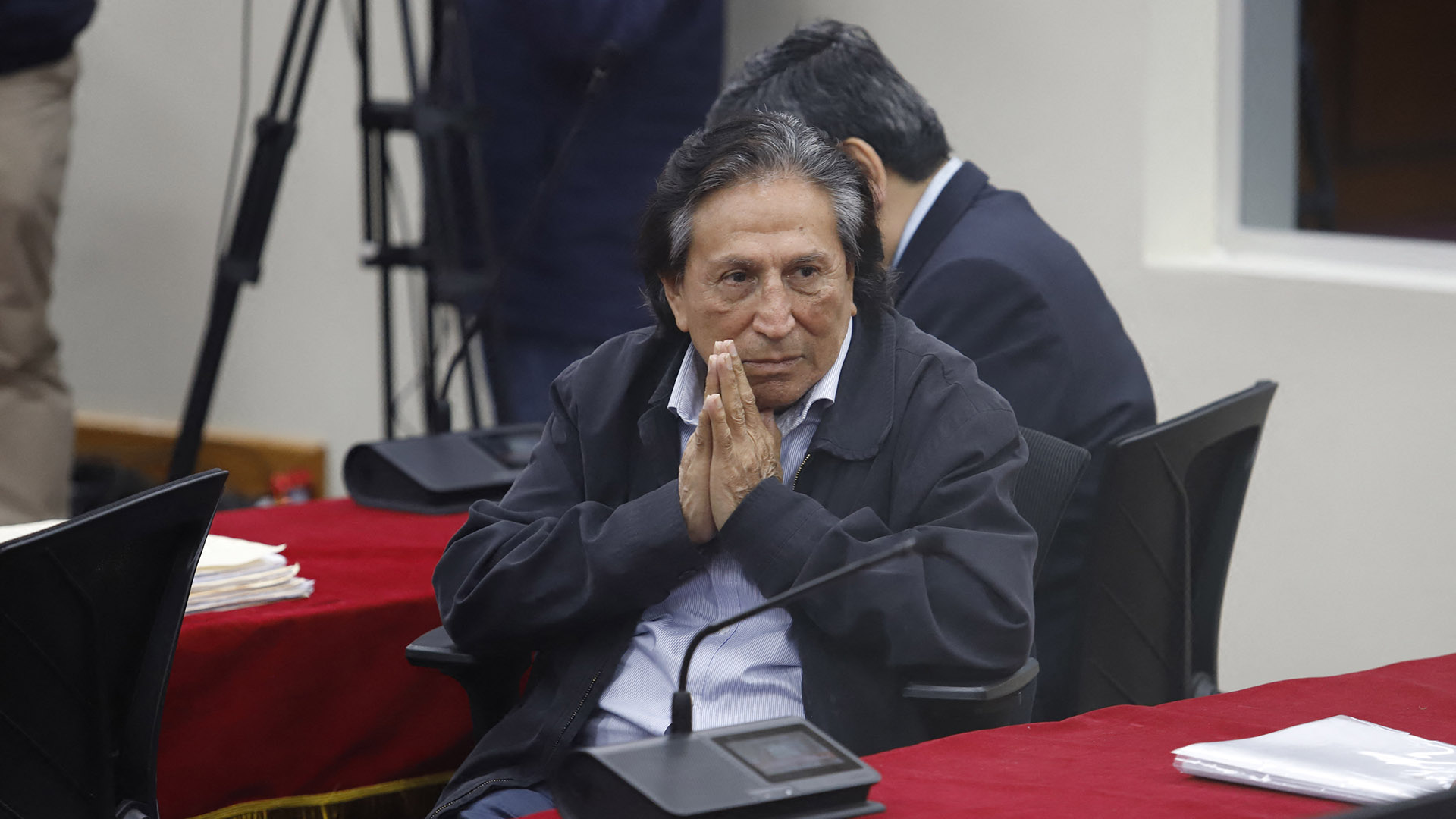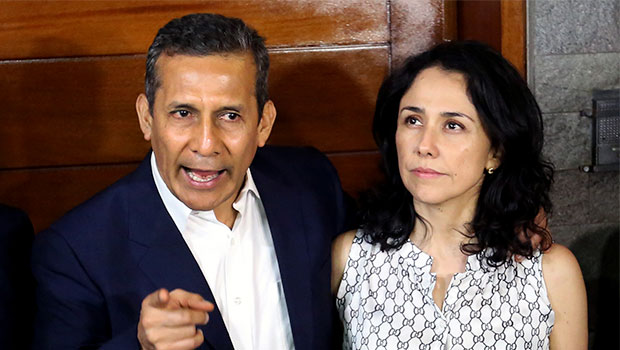United States Senator Marco Rubio has called on the Department of Justice to look into whether the disgraced multinational Odebrecht fully confessed its crimes to authorities and has raised the prospect of prosecutors reopening their investigation if the company failed to abide by its commitments.
In a letter to Attorney General William Barr, Rubio cited the International Consortium of Investigative Journalists’ Bribery Division investigation to ask whether Odebrecht had lived up to its obligations under a 2016 plea agreement to fully disclose all of its illegal activities to U.S., Brazilian and Swiss authorities.
If the company provided false, misleading or incomplete information to law enforcement, Rubio wrote, “the agreement shall be deemed as breached and the US/Brazilian/Swiss authorities have the absolute discretion to reopen and investigate with the intent of prosecuting the entirety of the operation.”
The Bribery Division investigation revealed hidden payments by Odebrecht linked to massive public works projects and prominent figures across the Americas, dealings which were not mentioned in criminal cases or other official inquiries to date. The project was based on a leak of 13,000 documents, obtained by the Ecuadorian news outlet La Posta and shared with ICIJ, from a specialized Odebrecht unit that was created primarily to manage the company’s bribes.
Odebrecht says that it shared these documents with U.S. and Brazilian authorities at the time of its plea agreement and is cooperating fully with prosecutors.
“In line with its commitments to Justice, Odebrecht has been complying with the terms of the agreements signed with several countries and meeting the requirements of the designated authorities,” Odebrecht spokesman Rodrigo Vilar told ICIJ in a statement.
But the number and scope of new revelations in the Bribery Division raise questions about the completeness of Odebrecht’s cooperation.
In addition to its U.S. plea deal, the company has also entered into cooperation agreements with governments in eight countries across Latin America, in which it has promised to share information on its crimes in exchange for leniency or immunity. Many of the Bribery Division’s biggest revelations came in the same countries in which Odebrecht had struck cooperation deals, such as Peru, Ecuador and the Dominican Republic.
Jessica Tillipman, an assistant dean at George Washington University Law School who specializes in anti-corruption issues, said that cooperation agreements linked to plea deals generally require sweeping, proactive assistance to authorities.
“I wouldn’t say companies boil the ocean, but if you’re Odebrecht, you’ve got to come pretty close to that,” Tillipman said.
The terms of Odebrecht’s U.S. plea deal require it to “cooperate fully with the [Justice Department] in any and all matters relating to the conduct described in this Agreement,” as well as with other domestic and foreign law enforcement agencies at the Justice Department’s request. The company must “truthfully disclose all factual information” that is not legally protected and admit any additional past crimes that it discovers during the term of the plea deal.
“You’re not doing a data dump on the Justice Department,” Tillipman said. “They consider that unacceptable.”
Various factors could explain the lack of criminal cases in countries where the Bribery Division provided fresh revelations of secret payments. Not all payments made by the Division of Structured Operations, the off-the-books Odebrecht unit that managed its bribes, were made for illegal purposes, the company maintains. Prosecutors could also be working on cases that will be announced publicly in the future.
But the lack of prosecutions or investigative progress in some countries also raises questions of political will. In the Dominican Republic, where the same administration that awarded dubious contracts to Odebrecht remains in power, authorities made only three document requests related to Odebrecht in the two years prior to the Bribery Division’s publication. By contrast, Peruvian prosecutors made 68 requests in the same period.
These disparities in law enforcement action add further uncertainty about whether Odebrecht has withheld information from authorities, provided materials that were not acted on, or simply has never been asked.
But the information that has emerged, including a report by ICIJ’s Bribery Division partners at the Miami Herald about irregular payments made in Cuba, raises concerns about the company’s candor, Rubio wrote.
“A fundamental component of the plea agreement was that Odebrecht would truthfully disclose all factual information with respect to its activities and those of its subsidiary companies and affiliates,” Rubio stated in his letter. “Recent reports, however, call into question whether Odebrecht has been fully transparent with the Department of Justice about its corrupt activities in Latin America.”
